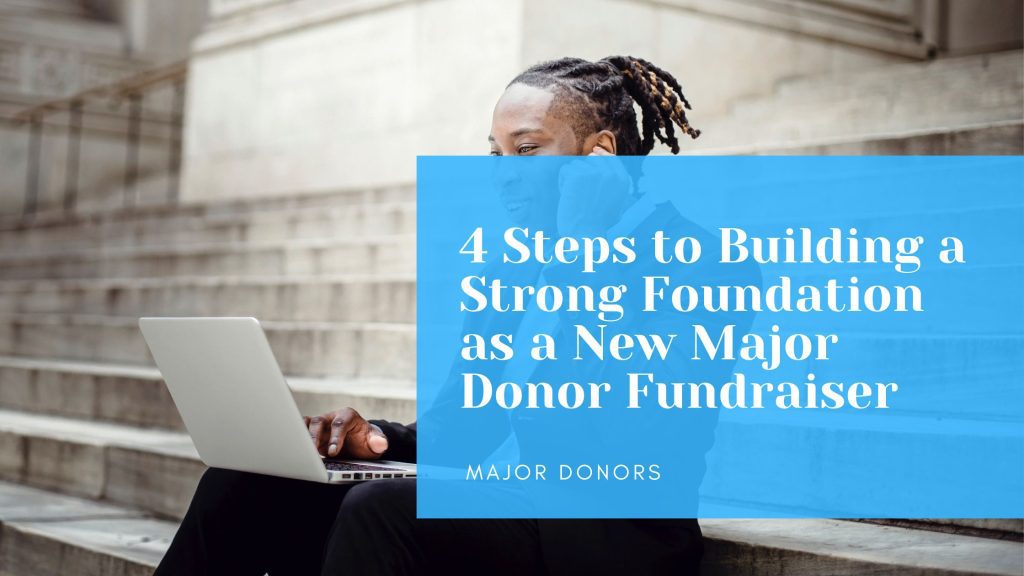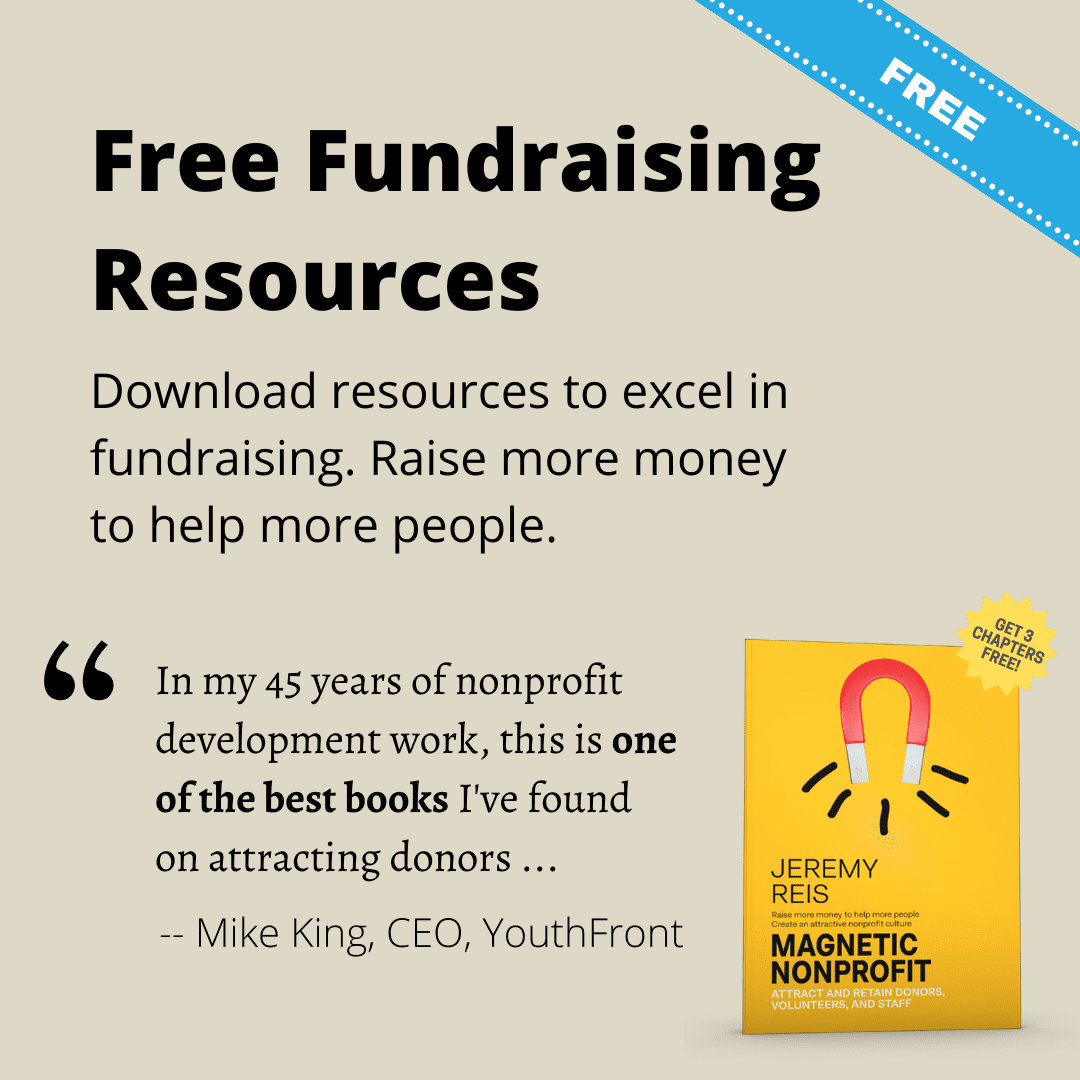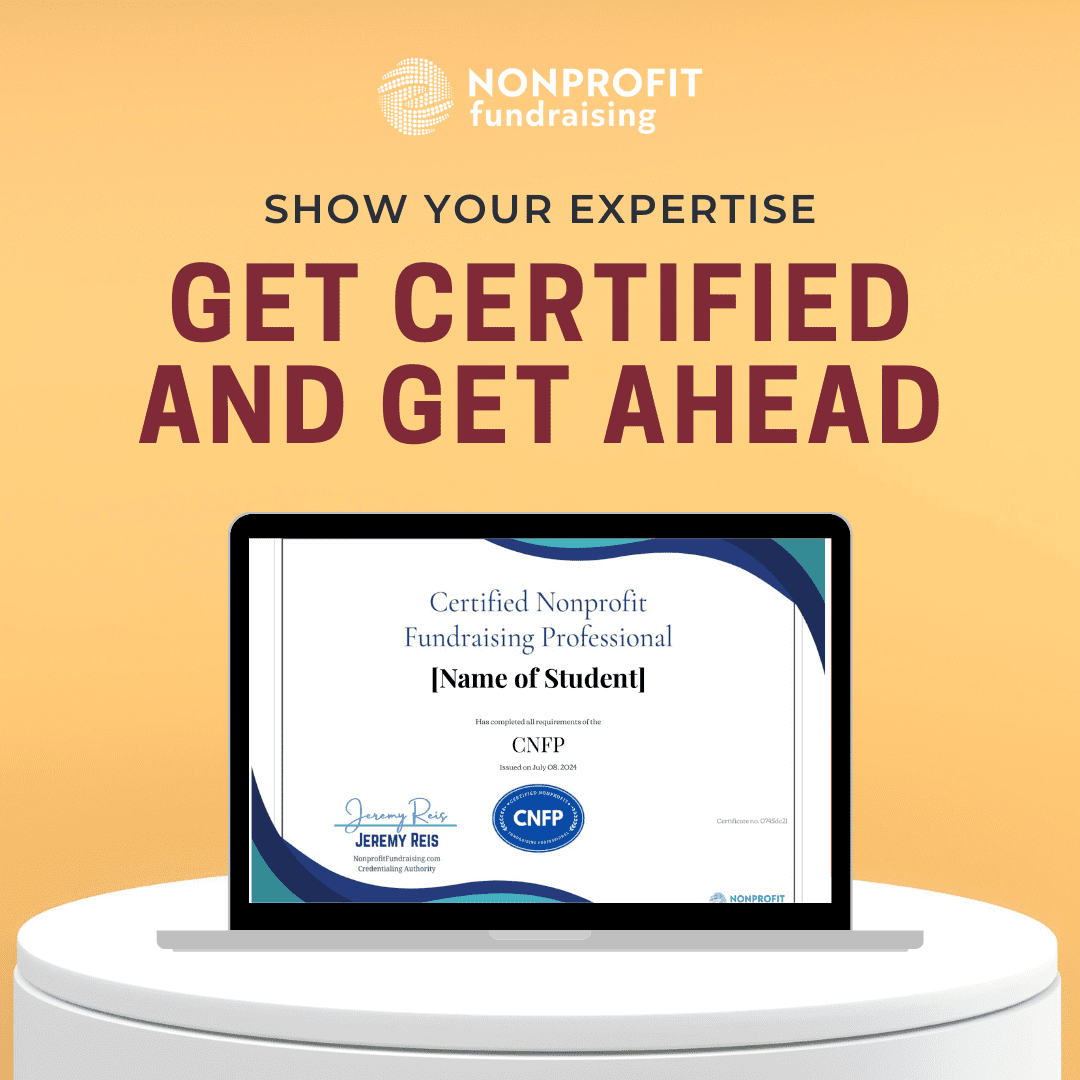As a new major donor fundraiser, you may be feeling both excited and unprepared. You know that building relationships with major donors is key to success in this role, but you may not know where to start. In your job interview, you likely learned a little about the job. In order to set yourself up for success, it is important to first build a strong foundation. Follow these four steps to get started on the right foot.
1. Learn the Basics of Fundraising
If you’re new to nonprofit fundraising, it’s important to learn the basics so that you can effectively solicit major donors. reading books and articles about fundraising, as well as talking to experienced fundraisers, can help you understand the basics of how to successfully raise money for your nonprofit. You might also consider attending fundraising conferences or workshops, which can be a great way to network and learn from experts in the field. Once you have a good understanding of the basics, you can start to solicit major donors. Remember that each donor is different, so it’s important to tailor your approach based on their individual interests and giving capacity. With a little research and planning, you can be an effective fundraiser and secure the resources your nonprofit needs to thrive.
Here are a couple book suggestions to help you learn major donor fundraising and how to attract donors to your organization:
2. Relationship Building
How do you go about developing relationships with major donors?
 First, it’s important to research each potential donor in your major donor caseload and tailor your approach accordingly. Some donors may prefer to be contacted by phone, while others may prefer email or face-to-face meetings. Once you’ve established contact, take the time to get to know the donor and understand their interests and philanthropic goals.
First, it’s important to research each potential donor in your major donor caseload and tailor your approach accordingly. Some donors may prefer to be contacted by phone, while others may prefer email or face-to-face meetings. Once you’ve established contact, take the time to get to know the donor and understand their interests and philanthropic goals.
- What kind of causes do they support?
- What kinds of organizations do they like to work with?
- What motivates their giving?
As you learn more about the donor, you’ll be able to better pitch your nonprofit and its mission. And finally, always be sure to follow up with donors after they’ve made a gift. Thank them for their support and let them know how their donation is making a difference. By following these simple steps, you can develop strong, lasting relationships with major donors that will benefit your nonprofit for years to come.
3. Learn About Your Organization
As a new major donor fundraiser for a nonprofit organization, you may be wondering how to learn about the organization in order to better solicit donations. The best place to start is with the nonprofit’s website. Here you can usually find information about the organization’s mission, history, and programs. This can be helpful in understanding the work that the nonprofit does and why it is important. You can also find information about the staff and Board of Directors, which can give you insight into the leadership of the organization. In addition, many nonprofits publish annual reports which provide financial information and highlights of the past year’s accomplishments. These reports can be very helpful in understanding how the nonprofit uses donations and how successful it has been in achieving its goals. Finally, you can also talk to other people who are involved with the nonprofit, such as volunteers or staff members. They can provide you with first-hand knowledge of the organization and its work. By taking these steps, you can learn a great deal about a nonprofit organization and be better prepared to solicit major gifts on its behalf.
4. Making It Past “No”
As a fundraiser, you will inevitably hear the word “no.” It’s an important part of the job, and it can be difficult to take at first. However, it’s important to remember that every “no” represents an opportunity to learn and grow. Here are a few tips on how to handle being told no as a fundraiser:
- Don’t take it personally. Remember that you are representing a cause, not yourself. The donor is saying no to the nonprofit, not to you personally. The donor may have a heart for a different cause.
- Use it as an opportunity to learn. Why did the donor say no? Is there something you could have done differently? Ask for feedback so that you can improve your skills as a fundraiser.
- Keep moving forward. One “no” does not mean that you will never succeed. Keep reaching out to donors and eventually you will find someone who is willing to support your cause.
- A “no” is not a “no” forever. It may not be the right timing for this particular donor. A “no” now may not be a “no” forever, keep nurturing the donor if they have a heart for the cause.
By following these tips, you can use “no” as an opportunity to learn and grow in your career as a fundraiser.
If you are new to the world of major donor fundraising, it is essential that you take the time to build a strong foundation before reaching out to potential donors. By following these four steps—learning the basics of fundraising, building relationships, identifying your organization’s unique value proposition, and making it past “no”—you will set yourself up for success as you embark on this new challenge.




